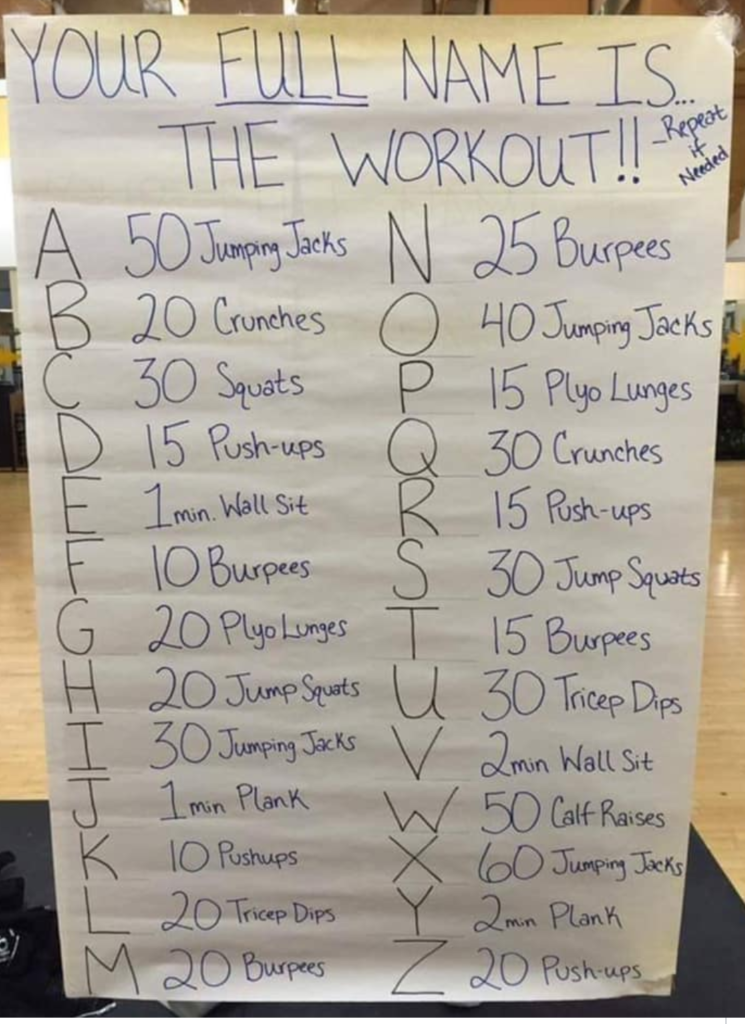
CPR certification is a great way for emergency preparedness. CPR certification can be useful in securing a job either as a first responseer or medical professional. CPR is the act of restoring the pulse and breathing of a person who has stopped breathing, and it can help the person recover. CPR is a technique that can increase the survival rate of someone who has stopped breathing or is unconscious. CPR begins by compressing the chest and forcing air into the lungs. Oxygenated blood then flows to the brain and heart.
There are several types CPR certifications. Layperson CPR is one type. It teaches you how CPR can be performed on an infant, child, or adult. It will teach you CPR basics and give you legal rights when you perform CPR on someone.
If you are interested in obtaining CPR certification, it's important to find a program that meets your needs. CPR training courses will provide you with the basic knowledge and skills for specific age groups. This course is also great for grandparents and anyone who works with children aged 8 years old or younger.
Working a fast job may make it difficult for you to spare the time to attend class in person. An online CPR course is an option if you cannot find a class in your region. Online classes often offer the same benefits as in-person classes, such as unlimited access to the course materials. You can also get support and practice exams. After completing the course you will be sent an email with your digital certificate.

FAQ
Do I need food before I exercise?
No. No. However, if you're hungry after working out, you might want to snack on something light like fruit or yogurt.
Does exercise cause me to lose weight?
Yes. Regular exercise is a great way to lose weight. Your metabolism will remain high, so you can continue to burn calories even though you're not exercising.
What Does Nutrition Do for Your Body?
By providing all the nutrients necessary for growth and development, nutrition helps your body function well. It is important to eat a balanced diet, rich in fruits and veggies, lean proteins, whole grain, and healthy fats.
Statistics
- One study showed that adults who watch more than 4 hours of television daily had an 80% higher risk of death from cardiovascular disease. (heart.org)
- In high-income countries, 26% of men and 35% of women were insufficiently physically active, as compared to 12% of men and 24% of women in low-income countries. (who.int)
- Adolescent girls were less active than adolescent boys, with 85% vs. 78% not meeting WHO recommendations of at least 60 minutes of moderate to vigorous intensity physical activity per day. (who.int)
- Globally, 81% of adolescents aged 11-17 years were insufficiently physically active in 2016. (who.int)
External Links
How To
How to Stay Fit at Age 40
This article will help those over 40 who want to maintain a healthy body. This article will provide basic advice on eating right, exercising, sleeping well, and taking care of your mental health. This article gives tips on how to live longer and healthier.
-
Healthy eating habits are key to staying fit. Avoid processed foods and opt instead for whole grains, fruits and vegetables, lean meats and fish, as well as nuts, seeds and beans. Do not eat what you don’t like. You can add another food to your daily diet. You won't lose weight if you don't eat as much. Try adding small amounts of different foods to your daily meal. You might try turkey if you don't eat chicken breast often. If you are a fan of pasta, rice is a good option. You can make these foods a regular part of your daily diet.
-
Exercise - When exercising, make sure you work out at least three times a week. Include cardio activities such walking, running swimming biking, cycling, and dancing. Also, make sure you get enough rest. It is recommended that you get at least 8 hours sleep per night. In addition, make sure you drink plenty of water during the day. Try to drink 2 liters (0.5 gallons) of water every day.
-
Sleep Well - Getting adequate sleep is essential to staying fit. The National Sleep Foundation says adults need at least 7-8 hours of sleep each night to maintain their physical and emotional health. Most people get less than 6 hours sleep each night. If you find that you are constantly tired throughout the day, try making adjustments to your sleeping habits. Adjusting your schedule to go to bed earlier and waking up later will allow you to catch up on extra sleep. You can also turn off your smartphone before you go to sleep so you can relax and wind down. Avoid caffeine after noon because it can cause insomnia.
-
Take Care Of Your Mental Health - For a healthy body, it is important to take care of your mind. Stressful situations can lead to poor eating habits and unhealthy lifestyle choices. You should practice stress management techniques, such as yoga, meditation, breathing exercises, or relaxation. Do something that is enjoyable for at least an hour. This could include taking a walk outdoors, reading a novel, listening or watching TV, and playing sports.
The four above points will make you live longer and more healthy. These four simple steps will help achieve your fitness goals.